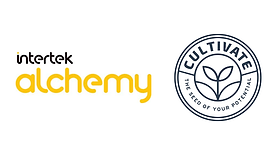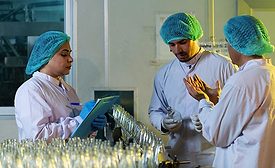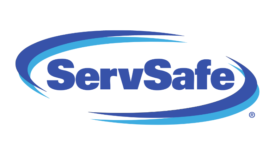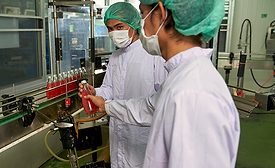Culture
Food safety guiding principles are the same for all companies, but how they are used is partially determined by inherent biases and culture
Read More
Global Food Safety Culture: Latin America
Latin America leans toward indirect, high-context communication and relationship-based culture
October 11, 2022
Global Food Safety Culture: North America
North America's food safety culture is characterized by diversity of thought; a proactive, risk-based approach; and high adaptability
August 15, 2022
Focusing Ahead—Processors' Priorities for the Near Term
Food processors are now focusing on projects and priorities put on hold during the pandemic, including maintaining or adding to food safety certifications
August 15, 2022
Never miss the latest news and trends driving the food safety industry
eNewsletter | Website | eMagazine
JOIN TODAY!Copyright ©2025. All Rights Reserved BNP Media.
Design, CMS, Hosting & Web Development :: ePublishing











